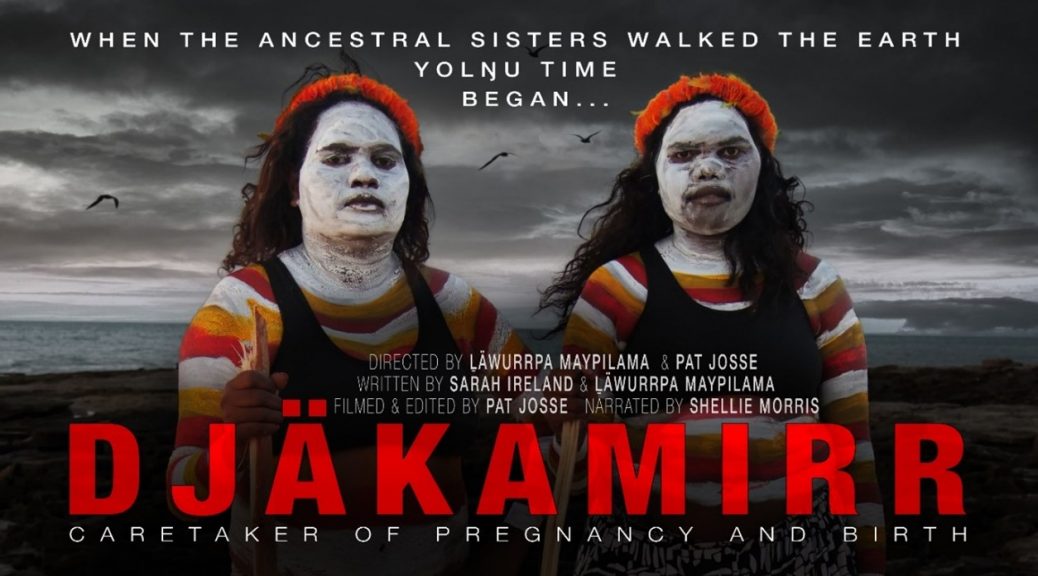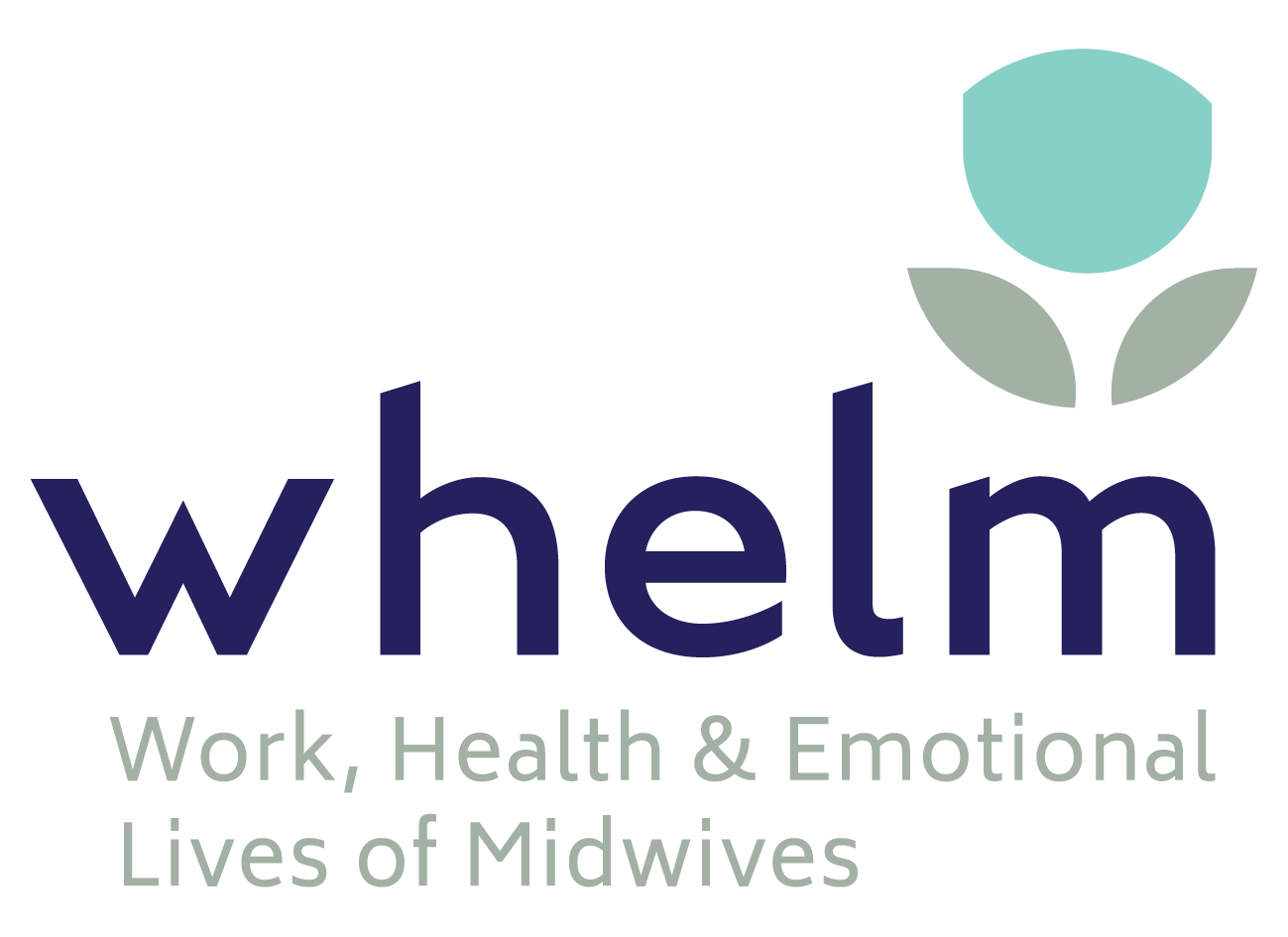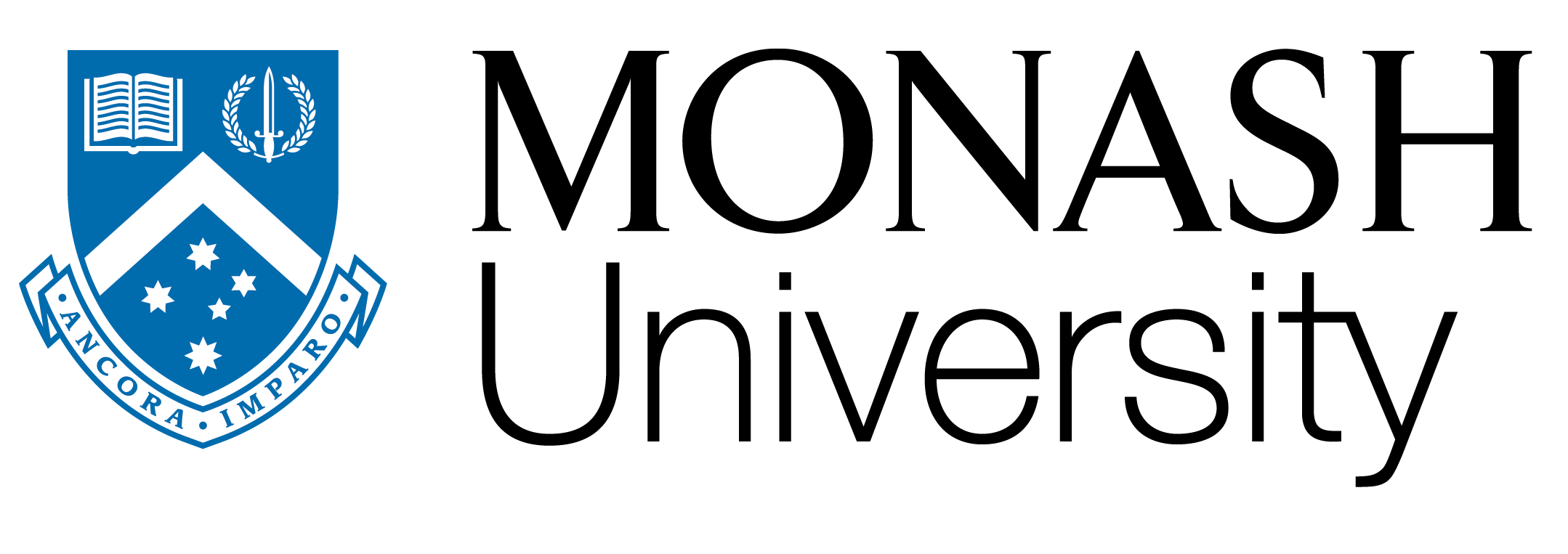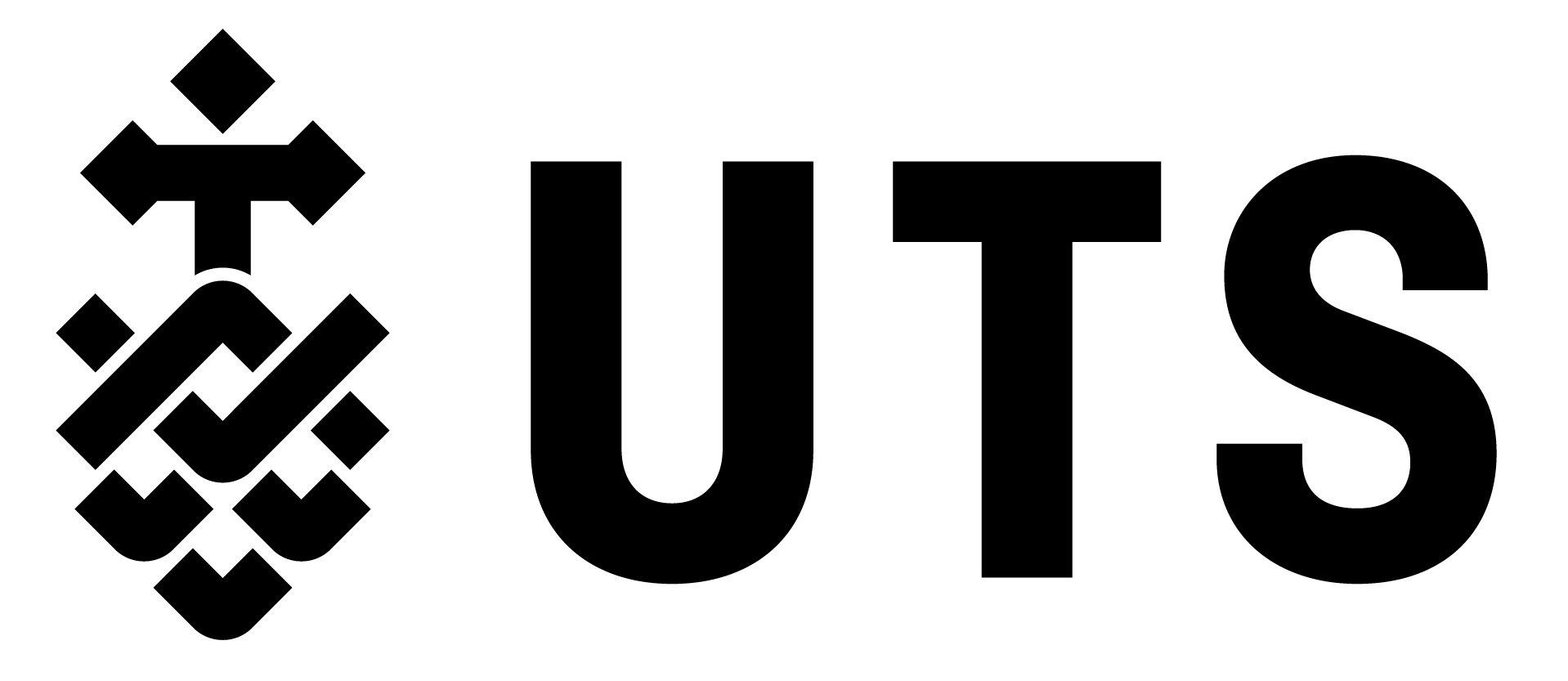Introduction
In remote North East Arnhem land in the Northern Territory of Australia, First Nations women and babies experience profound perinatal health inequities, including Australia’s highest rate of premature birth (Li & O’Neil, 2020). But Yolŋu women from Galiwin’ku, a small island community, are hoping to change this. Using research to dismantle colonising features in the Western maternity system, the Caring for Mum on Country (C4MC) project seeks to transform maternity care by centring Yolŋu knowledge and reclaiming childbirth from the stronghold of Western medicine. C4MC is a collaboration between the community, Yolŋu Researcher & Educator Associate Professor Elaine Ḻäwurrpa Maypilama; and non-Yolŋu Medical Anthropologist, Nurse, and Midwife Dr Sarah Ireland, from the Molly Wardaguga Research Centre.
Caring for Mum on Country project
The C4MC project aims to develop a community-based cohort of First Nations doulas (Ireland et al., 2019), explore strategies to increase reproductive health literacy, and empower the community to negotiate future reproductive healthcare that is healthy and culturally appropriate. In partnership with the Australian Doula College and Yalu Aboriginal Corporation, the C4MC project uses a decolonising participatory action research approach (McIntyre, 2008; Sherwood, 2010; Smith, 1999). This means researchers relinquish their control and power, work collaboratively with the community, and privilege Yolŋu ways of being, thinking and doing. Birthing on Country RISE principles (Kildea et al., 2019) have been customised to the local Yolŋu context to guide the project (Ireland et al., 2020). The project pioneers the use of digital audio-visual media to collect data, design learning resources and share stories.
DJÄKAMIRR documentary
A Yolŋu knowledge-centred decolonising approach is very effective at nurturing community involvement and producing impactful outcomes. An example is the successful piloting of Yolŋu doulas – known in the community as djäkamirr- caretakers of pregnancy and birth. The project used an innovative approach combining a Yolŋu curriculum delivered by Yolŋu experts alongside government recognised accredited vocational Western education. This approach to knowledge system integration is recognised in a Yolŋu metaphor symbolised by a woven Pandanus Mat (Ireland & Maypilama, 2021). Researchers and community share their story, methodology and outcomes in a non-traditional research output- a documentary called DJÄKAMIRR: caretaker of pregnancy of birth. The documentary premiered on Larrakia Country in Darwin August 2021 and coincided with the launch of a digital social action campaign to raise resources and awareness about the needs of Yolŋu women and families during childbirth. The documentary is distributed by Demand Films with screenings across Australia.
Australia’s first remote Birthing on Country service
The C4MC project provides compelling evidence that collaborative and community led research can be used to successfully dismantle and address colonising features in Western maternity care policy and practice. The project’s approach explicitly recognises and integrates First Nations and Western medical knowledge systems to empower and build community capacity. The community is now aspiring to be Australia’s first remote Birthing on Country maternity service and return childbirth back to the community and Yolŋu control. Their innovation of digital audio-visual media to share their research story has resulted in heightened awareness and recognition of Yolŋu knowledge as a crucial resource in addressing in First Nations perinatal outcomes.
Conclusion
The challenge now is to engage service providers and stakeholders in decolonising and redesigning the maternity services. There is an urgent need to integrate skilled djäkamirr companionship alongside high quality midwifery care to better meet the needs of Yolŋu women, babies and families.
Highlighted research – documentary
View the Documentary Trailer here.
Visit Demand Films to see screening locations or host a screening. Hosting is easy and cost-free. Events only go ahead when a threshold of reserved tickets is met- so don’t delay reserving tickets.
Blog written by
Dr Sarah Ireland
References
Ireland, S., & Maypilama, E. L. (2021). “We are sacred”: An intercultural and multilingual approach to understanding reproductive health literacy for Yolŋu girls and women in remote Northern Australia. Health Promotion Journal of Australia, 32(S1), 192–202. https://doi.org/10.1002/hpja.439
Ireland, S., Maypilama, E. Ḻäwurrpa, Roe, Y., Lowell, A., & Kildea, S. (2020). Caring for Mum On Country: Exploring the transferability of the Birthing On Country RISE framework in a remote multilingual Northern Australian context. Women and Birth. https://doi.org/10.1016/j.wombi.2020.09.017
Ireland, S., Montgomery-Andersen, R., & Geraghty, S. (2019). Indigenous Doulas: A literature review exploring their role and practice in western maternity care. Midwifery, 75, 52–58. https://doi.org/10.1016/j.midw.2019.04.005
Kildea, S., Hickey, S., Barclay, L., Kruske, S., Nelson, C., Sherwood, J., Allen, J., Gao, Y., Blackman, R., & Roe, Y. L. (2019). Implementing Birthing on Country services for Aboriginal and Torres Strait Islander families: RISE Framework. Women and Birth: Journal of the Australian College of Midwives, 32(5), 466–475. https://doi.org/10.1016/j.wombi.2019.06.013
Li, L., & O’Neil, L. (2020). Mothers and Babies 2017: Northern Territory Midwives’ Collection. Department of Health.
McIntyre, A. (2008). Participatory Action Research (Vol. 52). SAGE Publications, Inc. https://doi.org/10.4135/9781483385679
Sherwood, J. (2010). Do No Harm: Decolonising Aboriginal health research [Doctor of Philosophy thesis]. University of New South Wales.
Smith, L. T. (1999). Decolonizing Methodologies: Research and Indigenous Peoples. Zed Books.








